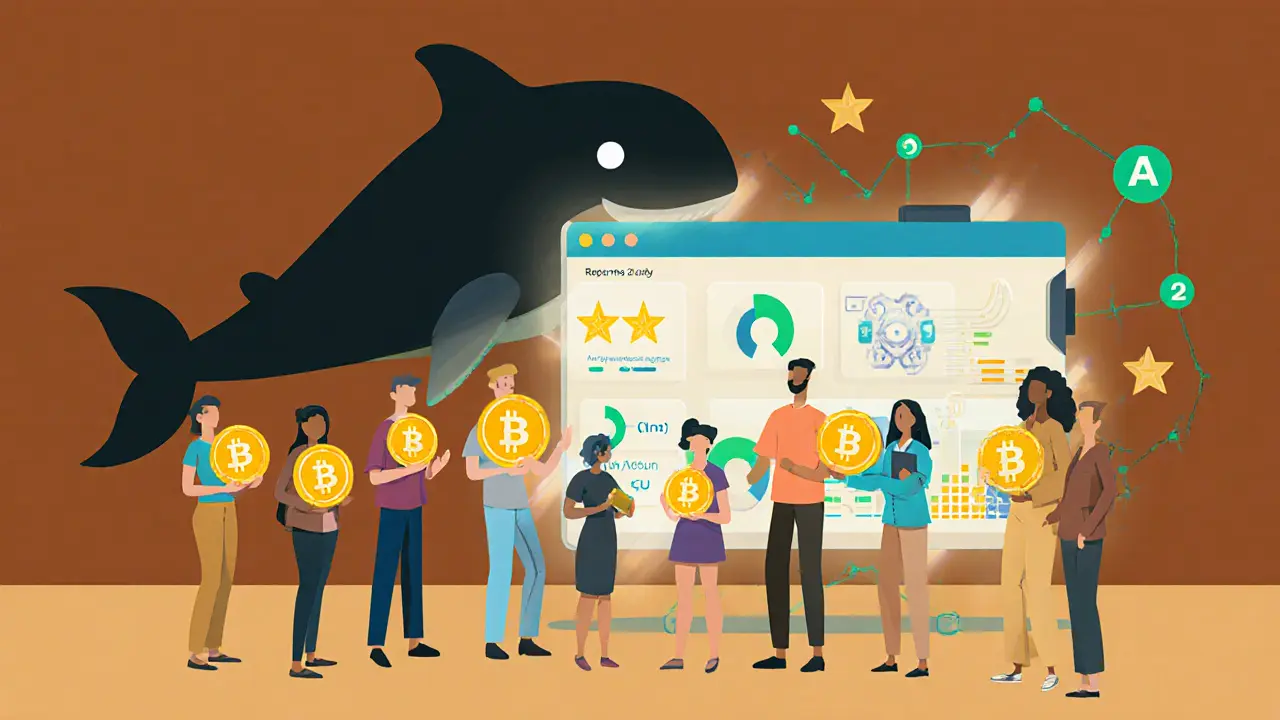DAO governance in 2025 is evolving beyond token voting. AI assistants, reputation systems, quadratic voting, and cross-chain coordination are making decentralized decision-making more fair, efficient, and scalable. Here's how real DAOs are fixing broken models today.
DAO Governance: How Decentralized Communities Make Decisions
When you hear DAO governance, a system where token holders vote on decisions for a blockchain project without a central company. Also known as decentralized autonomous organization governance, it’s the backbone of projects that claim to be run by their users, not CEOs. Think of it like a digital town hall where everyone with a token gets a vote—no paperwork, no boardrooms, just code and consensus.
But smart contract voting, the automated system that counts votes and enforces outcomes on-chain isn’t magic. It’s only as good as the people using it. Some DAOs let you vote on treasury spending, new features, or even who gets paid. Others get stuck in endless debates because too many people have equal power. You’ll see this play out in posts about failed airdrops like Dragon Kart or dead DEXs like YodeSwap—when the community can’t agree, projects die.
crypto community decision-making, how groups of token holders collectively steer a project’s future often looks great on paper but collapses under real-world pressure. What happens when 5% of holders own 80% of the tokens? When voting tools are confusing? When people vote just to cash out? The posts here show you the messy truth: DAOs aren’t inherently fair. They’re just transparent about who’s in charge.
Some DAOs work. Others turn into ghost towns with no activity, no votes, and no one left to care. You’ll find examples in the reviews of failed exchanges and abandoned airdrops—where governance wasn’t just broken, it was ignored. The key isn’t just having a vote. It’s having a reason to care.
What you’ll find below aren’t theory papers. These are real stories—of coins that vanished, platforms that vanished, and communities that tried to run themselves and either succeeded or crashed hard. You’ll learn how governance affects your wallet, whether you’re holding a token or just trying to avoid scams. No fluff. No hype. Just what happens when power is handed to the crowd—and sometimes, the crowd isn’t ready.
